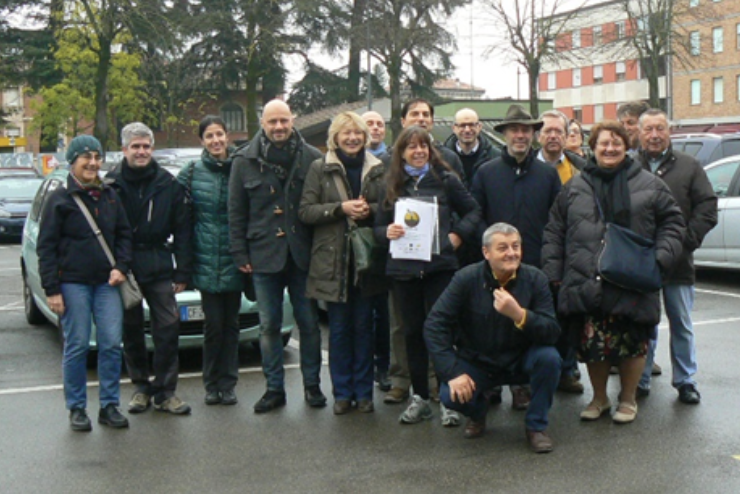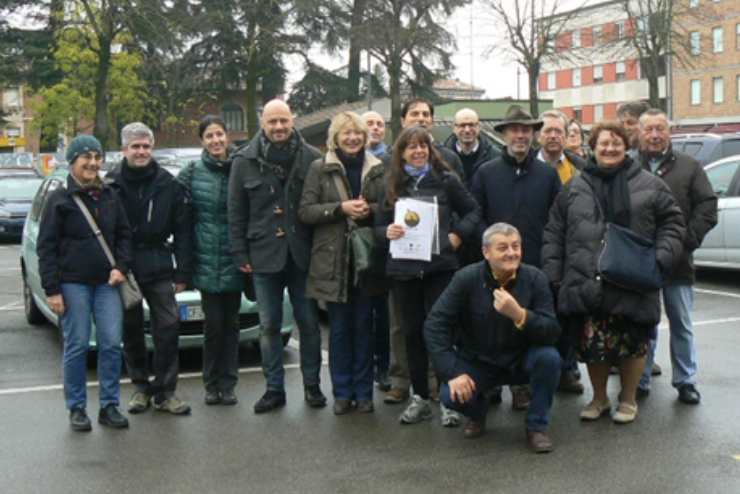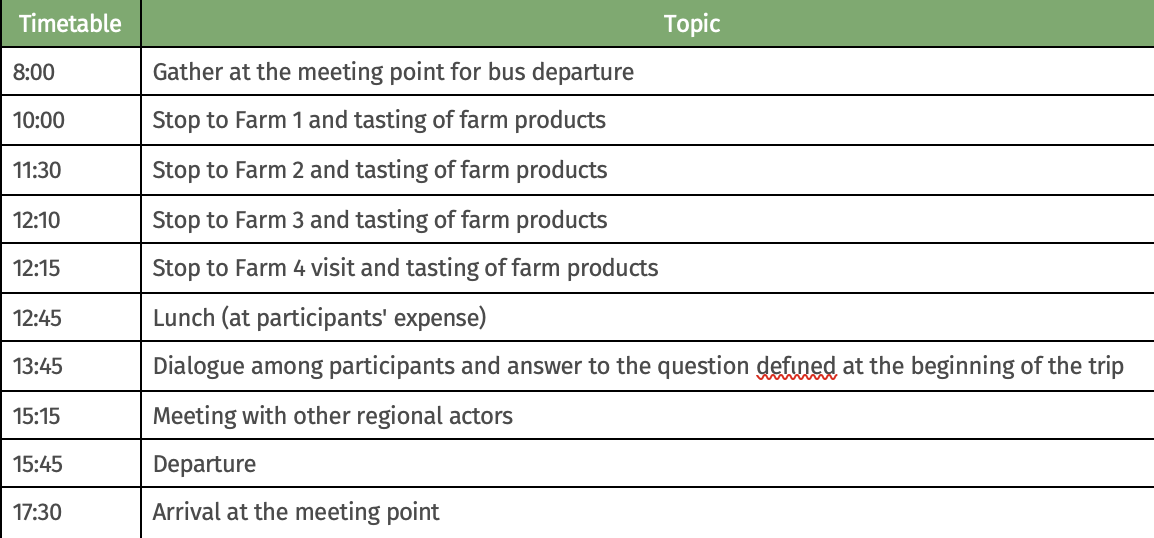2024
innovation support services
operational groups of the EIP

Innovation Support Services (ISS) play a pivotal role in enhancing the effectiveness of Agricultural Knowledge and Innovation Systems (AKIS). By providing essential support to various stakeholders, including farmers, advisors, researchers, and policymakers, ISS facilitates the development, dissemination, and adoption of innovative practices and technologies in agriculture and forestry.
One of the primary functions of ISS is to foster collaboration and knowledge exchange among diverse actors within the agricultural sector. By creating networks that connect farmers with researchers and innovation experts, ISS helps bridge the gap between scientific research and practical application. This collaboration is crucial for addressing complex challenges such as climate change, food security, and sustainable resource management. Through workshops, training sessions, and collaborative projects, ISS empowers stakeholders to share their insights, experiences, and best practices, leading to more informed decision-making and innovative solutions.
The introduction of EIP-AGRI Operational Groups (OGs) from the Programming period 2014-2022 has enhanced the need of developing structured methods and tools to facilitate meaningful interactions and to promote active participation. Techniques such as facilitated workshops, brainstorming sessions, and peer-to-peer learning opportunities can encourage actors to express their ideas and contribute to discussions.
The Bus trip is an innovative approach useful to enhance interaction and collaboration among partners within EIP-AGRI Operational Groups (OGs) or other multi-actor projects. This methodology facilitates experiential learning and knowledge sharing by organizing group visits to various farms/processors/dairies, where participants can engage directly with practices, products, and challenges faced by their peers.
Such method has been implemented in three OGs funded under the Emilia Romagna Region RDP 2014-2022, coordinated by I.TER, an Italian organization specialized in agricultural research, innovation and technology transfer, namely the "FILòS IN BUS" initiative and the “CASTANIBUS”. The name of the first initiative derives from the word 'filòs', which evokes relaxing moments spent in conversation between neighbours, relatives and friends. The second one takes the name from the OGs involved, mainly focused on the chestnut sector.
The bus journey lasted either half a day or a full day. The participants included:
During the travel on bus, the partners of the OG discuss on project activities and results, by focusing on common matters of interests (soil fertility, carbon footprint, carbon sequestration topic of the OGs involved) around which they share practice and scientific knowledge. This process strengthened team cohesion within the OG, through a major coordination and interaction among the partners, the development of collective knowledge and common understanding on-going achievements of the project and of its results. Moreover, the cross visits on farms supported peer-to-peer processes among the farmers and it represented an opportunity to share knowledge on territories, local products and other local actors.

Throughout the trip, all participants were encouraged to engage in constructive dialogue. Each participant had the opportunity to share their key ideas in response to a question related to the visit, as defined by the OG coordinator at the beginning of the journey. An "Excursion Guide" was provided, which included the trip agenda and cards/post-it notes for discussion.
At the end of the day, participants used these materials to write down their keywords on a dedicated board (one for each category of participants: Farmers, Research/Advisory Service Providers, Emilia-Romagna Regional Government, Common Activities), along with comments explaining their ideas or proposals. The involvement of the Regional Government was beneficial as it facilitated a direct exchange of insights between policymakers and practitioners, ensuring that local agricultural challenges and innovative practices were effectively communicated and understood at the decision-making level.
Table 1: Example of a bus trip agenda from one of the "CASTANIBUS" initiative
